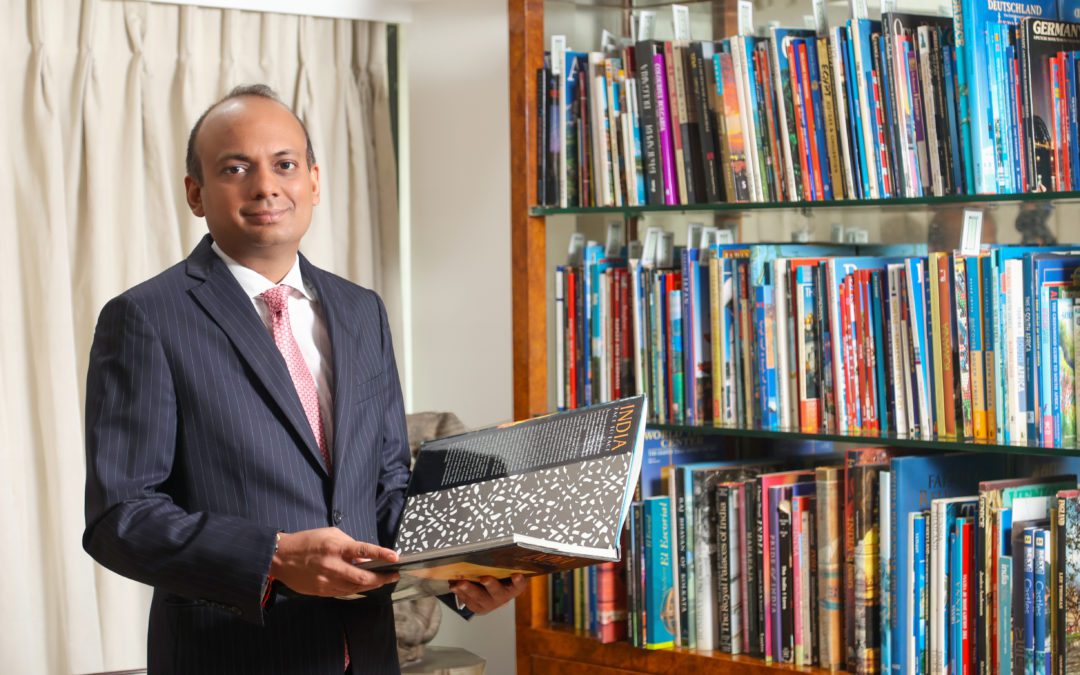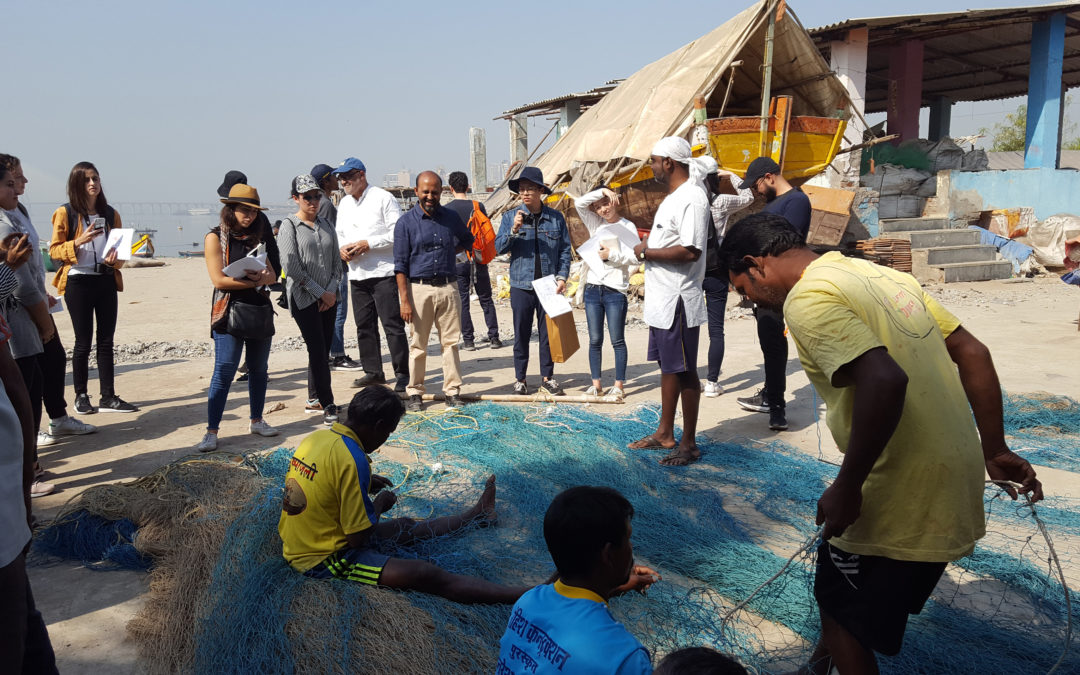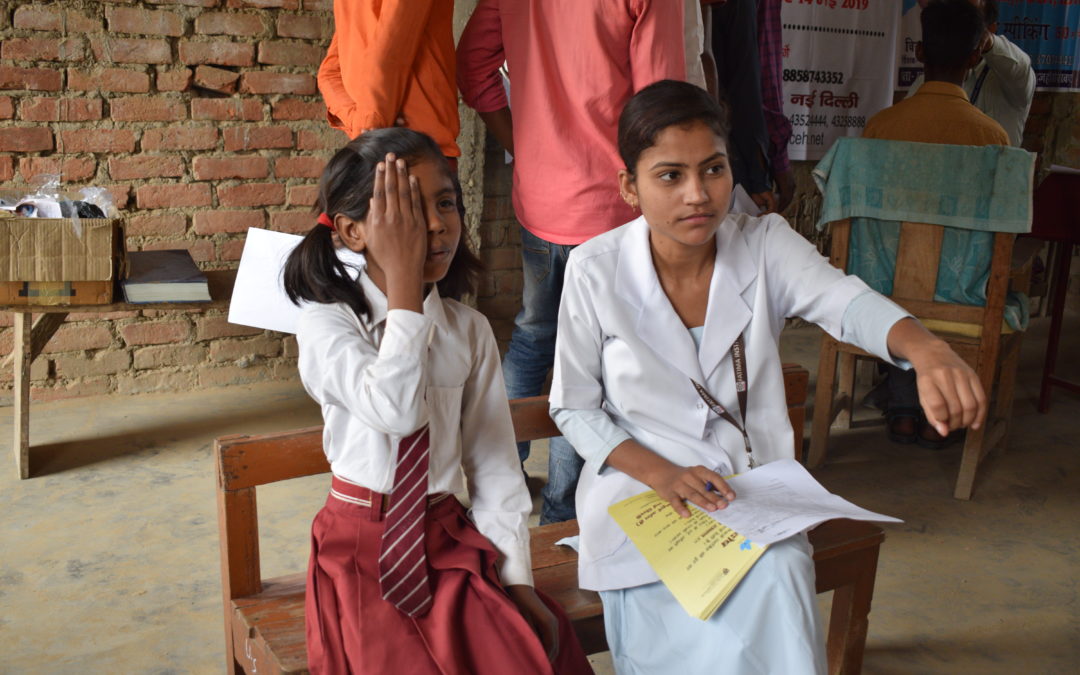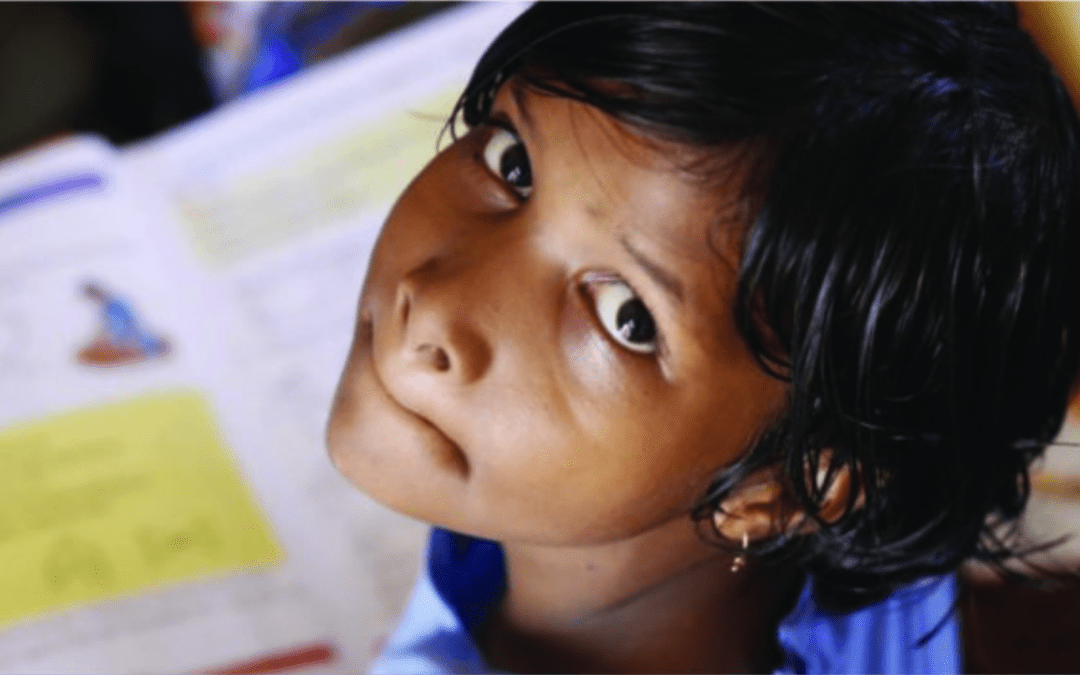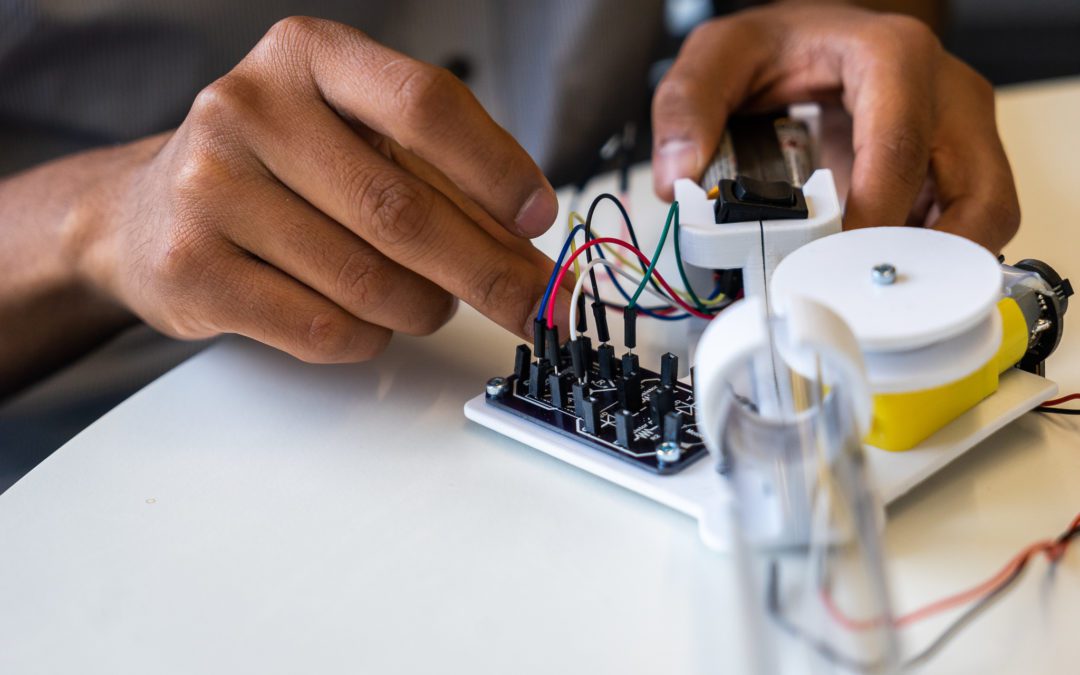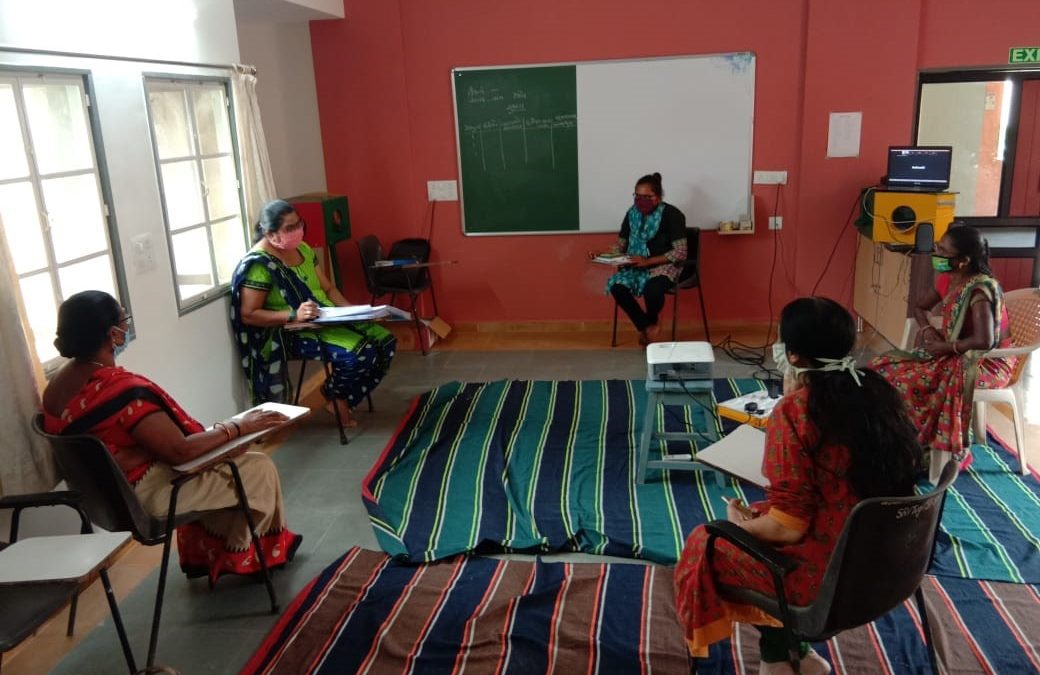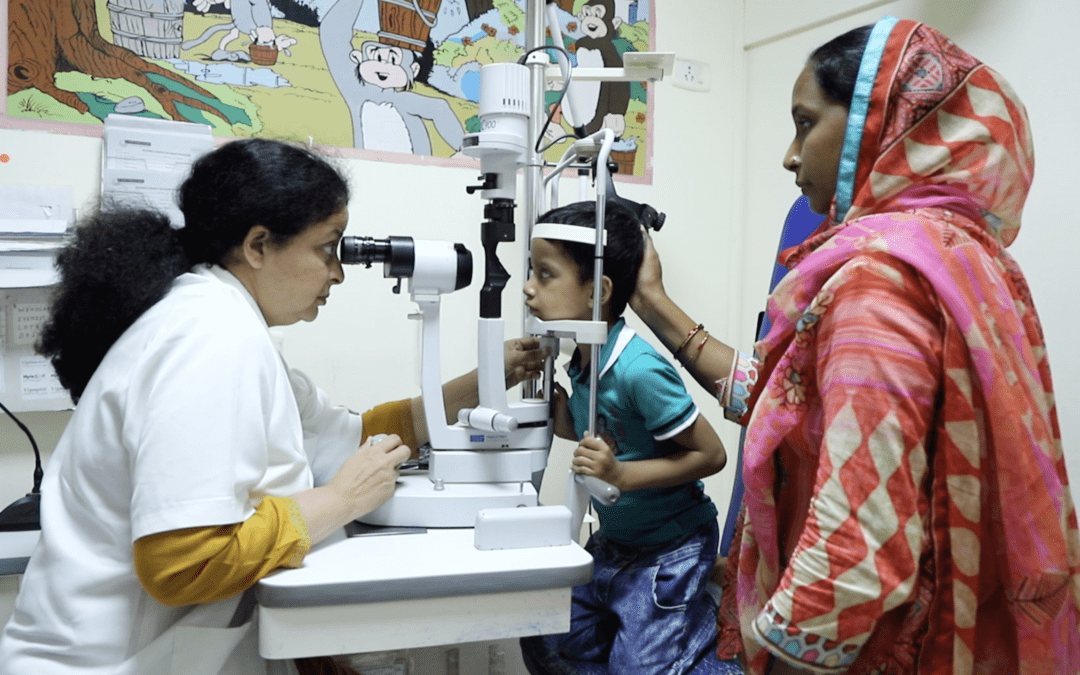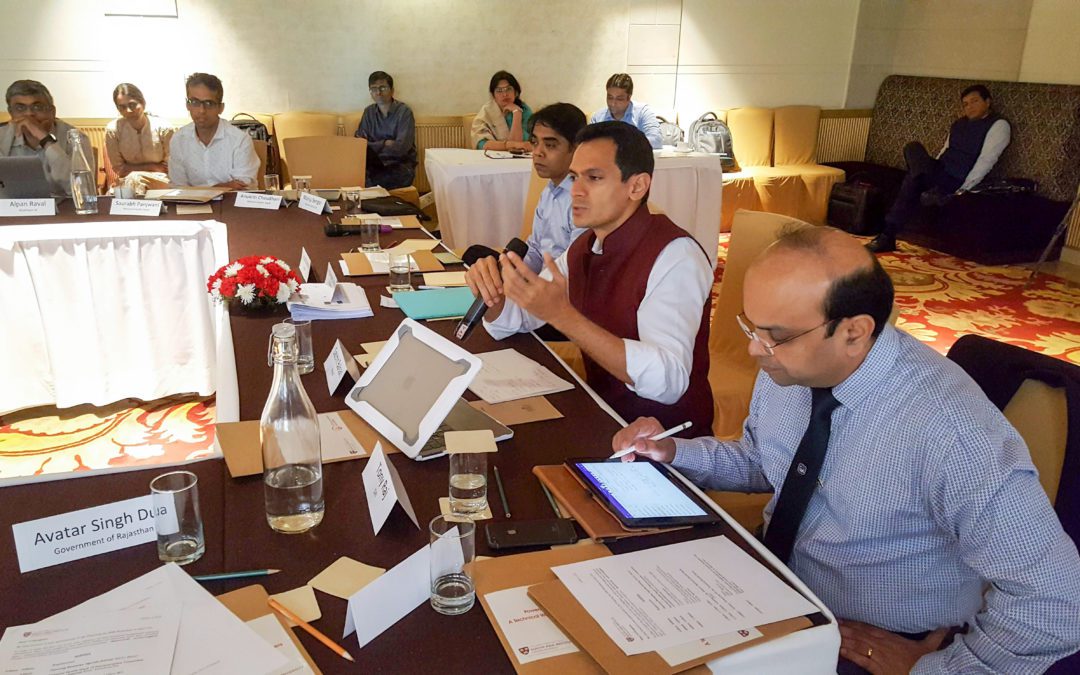Harvard, through Their Eyes: New Visiting Artist Fellows Showcase First Week on Campus
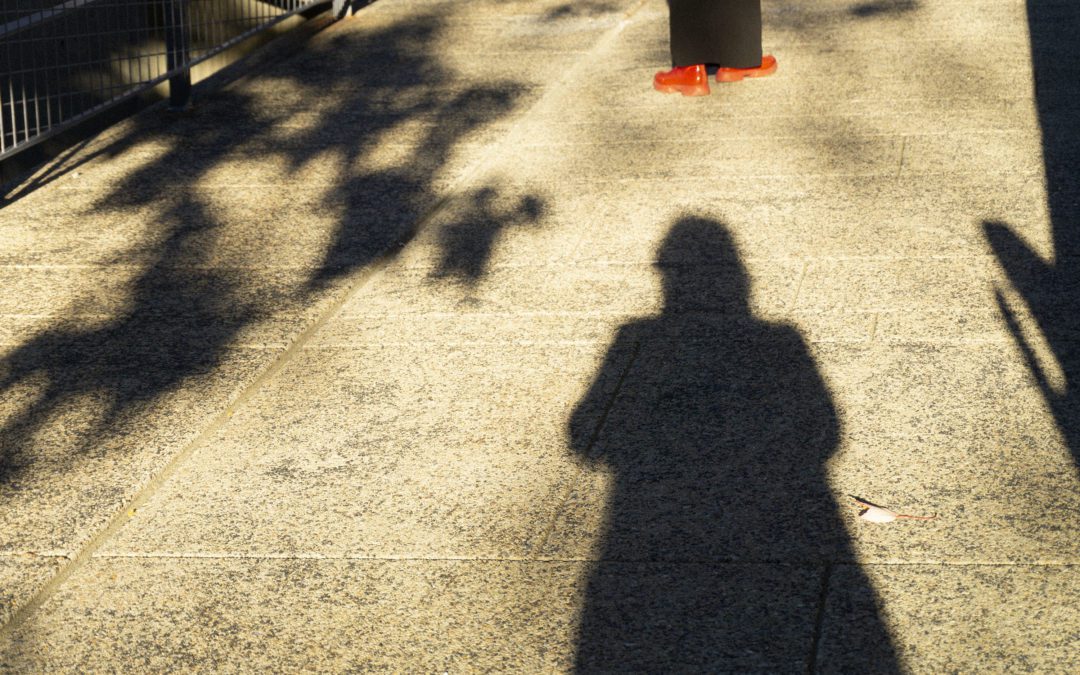
The Mittal Institute welcomed two new VAF Artists, Bunu Dhungana and Pragat Jain, to campus this week, for the start of their eight-week research fellowship at Harvard. The program connects artists from South Asia with Harvard’s intellectual resources, and allows a platform for mid-career artists to conduct independent research that explores critical issues in South Asia through the lens of art and design.

